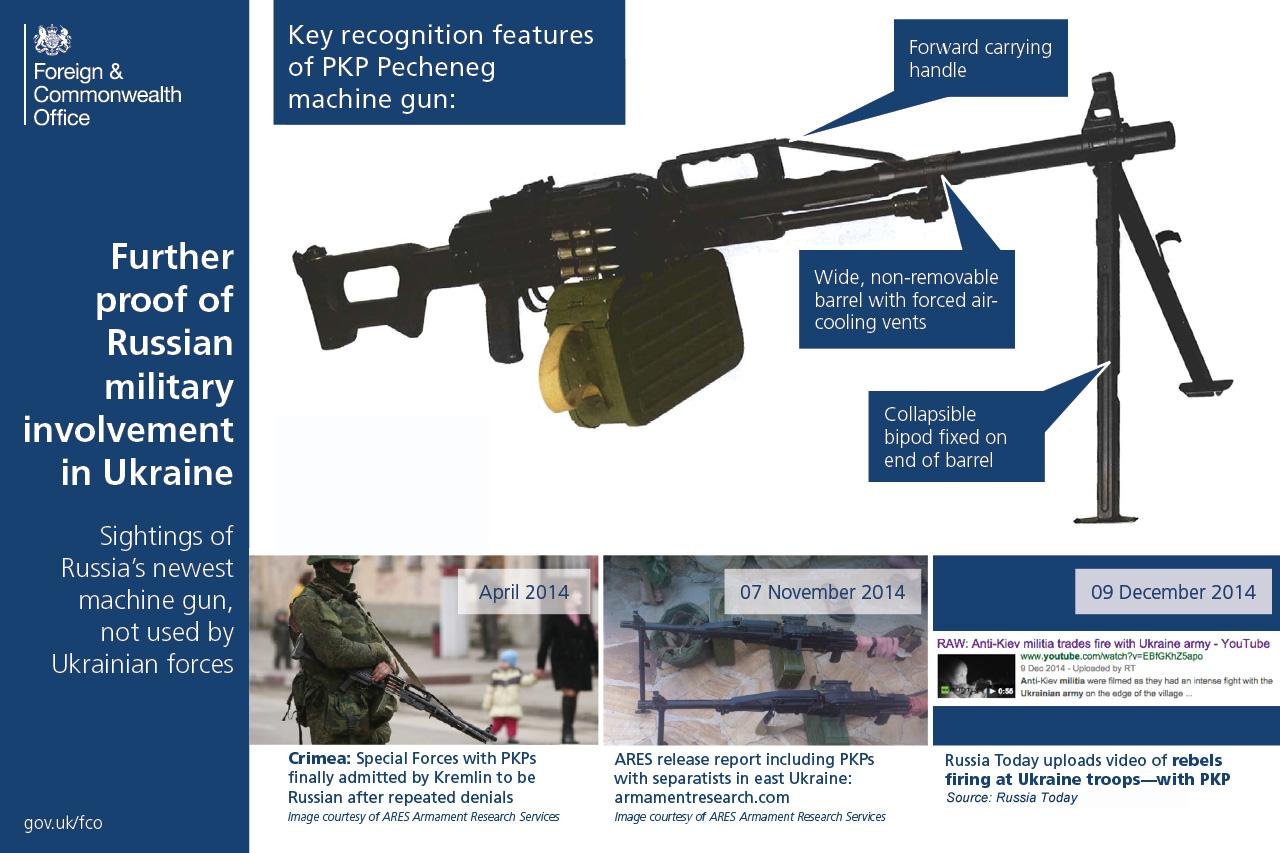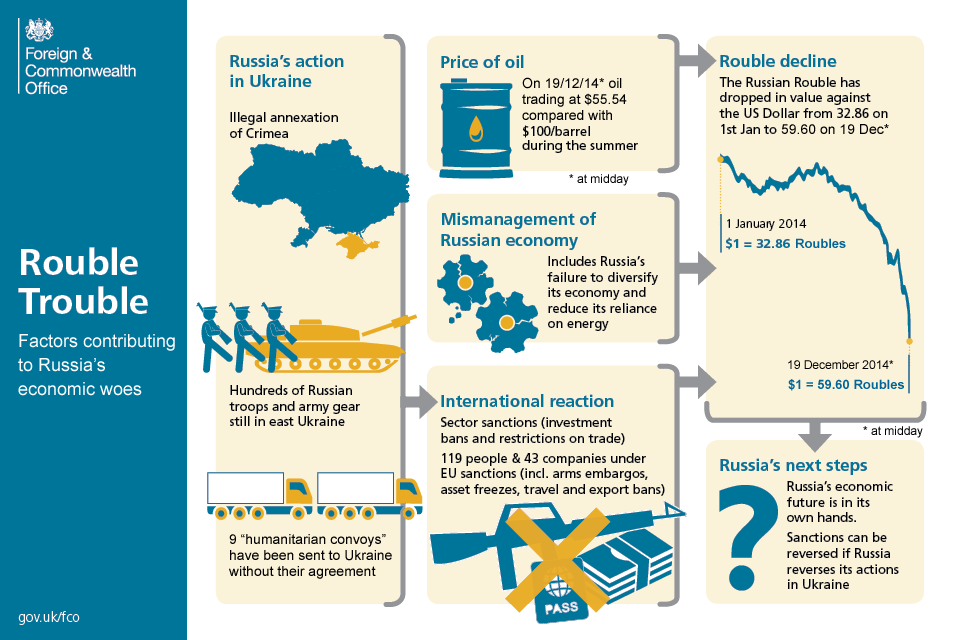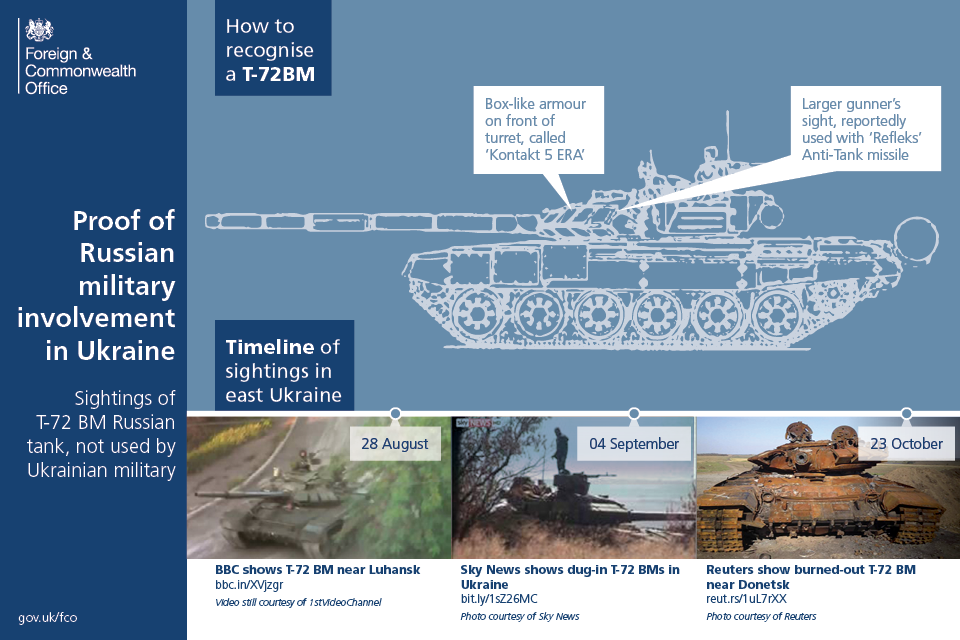
David Cameron has angrily insisted the UK will not pay £1.7bn being demanded by the European Union by next month.
“If people think I am paying that bill on 1 December, they have another thing coming,” the prime minister said in Brussels. “It is not going to happen.”
He said the demand was “totally unacceptable” and no way for the EU to behave – and he wanted to examine how they arrived at the amount.
EU finance ministers have agreed to the UK’s request for emergency talks.
The demand from Brussels would add about a fifth to the UK’s annual net EU contribution of £8.6bn.

‘Lethal weapon’
Mr Cameron said he was “downright angry” and said the British public would find the “vast” sum “totally unacceptable”.
“It is an unacceptable way for this organisation to work – to suddenly present a bill like this for such a vast sum of money with so little time to pay it,” he said.
“It is an unacceptable way to treat a country which is one of the biggest contributors to the EU.”
He added: “We are not going suddenly to get out our cheque book and write a cheque for 2bn euros. It is not going to happen.”
He sounded like a prime minister unleashed; by turns scornful and furious, lectern thumping, downright angry.
It seemed he was doing exactly what UKIP leader Nigel Farage demanded – refusing the European Commission any money at all.
But David Cameron was well in control.
He said he would not pay on 1 December, but did not rule out paying later.

He accepted the principle of a fluctuating EU budget that meant bills went up as well as down.
After that performance he cannot, and surely will not, pay what the Commission demands.
But by how far can he negotiate down the bill? Half of £1.7bn, a quarter, a third; all represent big money.
Were he to refuse to pay whatever the Commission finally demands, could he still persuade EU leaders in vital, future negotiations?
For a party leader battling Mr Farage, the pictures on the TV news tonight will be perfect.
If his diplomats can’t do a decent deal, they will come back to haunt him.
Mr Cameron said his position was backed by several other European leaders whose countries are also being tapped for more money, claiming his Italian counterpart Matteo Renzi had described the demands as a “lethal weapon”.
He said that he first heard about the EU’s demands on Thursday but acknowledged that the Treasury knew about it last week.

But addressing who had known the details first, he said “you didn’t need to have a Cluedo set to know someone has been clubbed with the lead piping in the library”.
There has been anger across the political spectrum in the UK at the EU’s demand for additional money, which comes just weeks before the vital Rochester and Strood by-election, where UKIP is trying to take the seat from the Conservatives.
Drugs and prostitution
The surcharge follows an annual review of the economic performance of EU member states since 1995, which showed Britain has done better than previously thought. Elements of the black economy – such as drugs and prostitution – have also been included in the calculations for the first time.
George Osborne: ”It’s unacceptable to be presented with a multi-billion pound demand with six weeks to pay”
The UK and the Netherlands are among those being asked to pay more, while France and Germany are both set to receive rebates. The UK is being asked to pay the most.
Several Conservative MPs have said the UK should refuse to pay the sum, describing it as “illegal”.
EU diplomats told Reuters that finance ministers would meet to discuss the issue, while Downing Street is pressing for “a full political-level discussion” well before 1 December.
It is not clear whether there will be a separate meeting or whether the issue will be discussed at a scheduled meeting of EU finance ministers next month.

‘Thirsty vampire’
Labour said Mr Cameron had failed to explain how long it had known about the EU proposals, suggesting he had delayed making it public over fears about how it would go down with voters.
Shadow chancellor Ed Balls said it was wrong that an “unfair” bill had been “sprung upon” the UK but suggested that the Treasury should have acted sooner.
“The prime minister says he wants a meeting of finance ministers next month. He should have done this last week,” Mr Balls told the BBC News Channel.
He added: “I want this bill to come down and a deal should be struck.”
The UK Independence Party likened the EU to a “thirsty vampire” and said the demand strengthened its case for exiting the EU.
Analysis by economics editor Robert Peston
Now to be absolutely clear, none of this is a surprise to the Treasury or chancellor. British officials have known for some time that the inflammatory demand from Brussels was coming.

What did catch them by surprise was what it sees as a deliberate leak by EU officials of the news last night – which they see as an attempt to embarrass David Cameron, as he meets other EU leaders to discuss, among other things, his controversial hopes of being able to restrict migration of EU nationals to Britain.
UKIP leader Nigel Farage said the UK already paid £55m a day to be a member of the EU and suggested it would have no option but to pay the supplement.
“To be asked for a whole load more and be given a few days in which to pay it, is pretty outrageous and I think people will be very very angry,” he said.
“And it just leaves Mr Cameron in a hopeless position. Remember one of his big claims is that he cut the EU budget. The result of that cut is that our contribution had gone up a little bit and now it has gone up a lot.”
UKIP leader Nigel Farage says David Cameron is in a “hopeless position”
The additional payment was requested after the European Commission’s statistics agency, Eurostat, reviewed the economic performances of member states since 1995, and readjusted the contributions made by each state over the past four years based on their pace of growth.
The BBC’s head of statistics Anthony Reuben said prostitution, drugs and tobacco smuggling were not included in national income before 2002 when they should have been, under accounting rules.

In contrast, prostitution was included in Germany’s own national accounts and given EU budget contributions are based on national income, this partly explains why the UK has been underpaying and Germany overpaying, he added.
The UK has received rebates in the past as a result of this process.
The Commons European Scrutiny Committee is to investigate the proposed increase in the UK contribution to the EU’s budget.
Committee chairman Sir William Cash said: “I expect a Treasury minister to appear before the Committee early next week.”














 Barack Obama is so close to David Cameron that the US President calls him “bro”, the Prime Minister has revealed.
Barack Obama is so close to David Cameron that the US President calls him “bro”, the Prime Minister has revealed.



















































